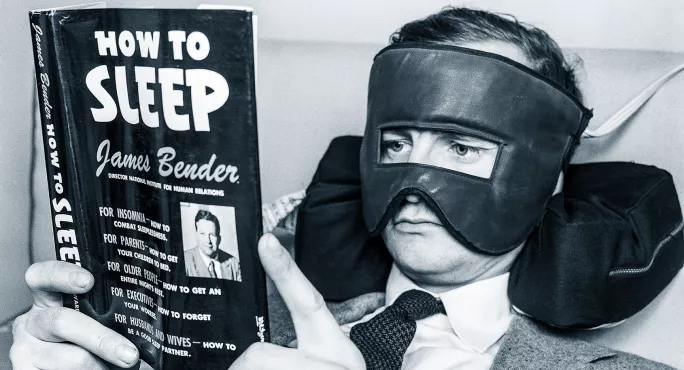How does sleep quality influence examination performance in school pupils? It’s a very topical question, with Scottish Qualifications Authority (SQA) exams having started this week - and one which pupils at our school have been exploring.
The Sleep Normality Observation Research Environment - or, appropriately, Snore for short - is a school-based pupil research project funded by a Royal Society “partnership grant”. We aim to investigate sleep quality among secondary school pupils but also to design, build and apply sensors and computer technology to collect real-time sleep data, which can be analysed and examined in the context of exam performance.
While the issue of sleep quality, wellbeing and exam performance is timely and important in itself, the project also aims to give the 17 pupils involved hands-on experience in applying scientific methods to answer questions, design studies, and collect and analyse data. Pupil participation in research has been shown to foster problem solving and critical thinking as well as provide subject-specific technical knowledge.
Participation in Snore means conducting all aspects of the research. This included the design, build and test of a wearable pulse sensor, data collection and analysis ranging from sensor data to self-reported observations of sleep.
Following team-building exercises and workshops on ethics, informed consent, data security and protection, pupils - who are drawn from S2, S3, S4 and S6 - assumed and role-played specific roles within the project. These included a project manager, a data-science manager and a human-factors manager to look after the volunteer sleepers, but also monitor and manage data errors in the project.
A key element for the success of Snore is the involvement of advisers with the right skill sets and a clear plan for how, when and what they would contribute. My own skill set is computer science and maths, plus experience in hands-on research in both academia and industry.
Snore has benefited from several outside experts, some of whom worked closely with the pupils: Dr Steve Bunce, a sleep educator and researcher and a Stem ambassador, and Patrik Holt, a retired research professor of computing science with expertise in cognitive engineering, a branch of human-factors engineering. We also had support from Kate Farrell and Professor Judy Robertson (both of the University of Edinburgh), Dr Lizzie Hill (University of Oxford) and the Sleep Foundation. I am very grateful to all of them in addition to colleagues at Tynecastle High School, and to the Royal Society for funding the work.
Our external advisers and partners brought real-world scientific experience to Snore, not through talk and chalk but through hands-on, guided experiences. For example, in the prototyping and testing of wearable pulse sensors, and by teaching statistics through examples using actual data from the Snore project.
Pupil researchers met weekly and often with external advisers present. A large amount of data has been collected, as well as sleep diaries. At this stage of analysis, the data shows sleep patterns as might be expected from the published literature, and we are seeing the influences of exam stresses. The diaries also offer insights into sleep behaviours around exam times. Control measures are also being factored in.
Our own evaluations of the work indicate that hands-on and immersive role play encourages interest in science through ownership of the project and the data being collected. It is important also to note that the role of expert advisers is crucial.
We have no hesitation in recommending this approach to other schools, and we are happy to share our experiences.
Jan Holt is a computing science teacher at Tynecastle High School, in Edinburgh





